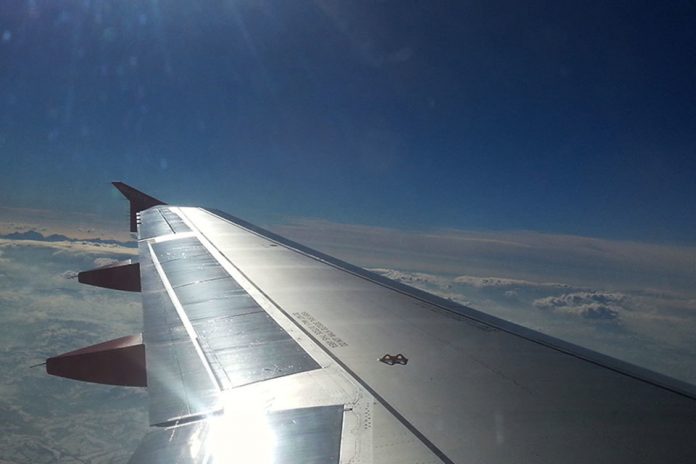- emergency measures introduced at the border to be in place for at least one month in order to protect the UK against new variants
- all international arrivals to the UK from any country (including British and Irish Nationals) must now take a pre-departure test and self-isolate for 10 days
- passengers must continue to fill in a Passenger Locator Form and have a negative test before travelling to the UK or could face a £500 fine for each
The government has today (15 January 2021) announced emergency border measures to prevent the spread of concerning new variants of coronavirus (COVID-19) into the UK, such as those first identified in Brazil and South America, and to protect us against the risk of as yet unidentified new strains.
From Monday 18 January at 4am, all travel corridors with the UK will be suspended – meaning that all international arrivals who have departed from or transited through any country outside the Common Travel Area in the previous 10 days will be required to both take a pre-departure test, and self-isolate immediately for 10 days on arrival. This includes British and Irish nationals.
This urgent action is in response to increasing concern over the transmissibility and virulence of new strains evolving internationally. It will also ensure that the government is able to protect the progress being made on the country’s vaccination programme.
This move will be supported by increased enforcement, both at the border and across the UK, with Border Force increasing the number of spot checks on passengers that have entered the country.
International travel corridors have been in place since July 2020 for countries and territories where critical analysis suggests the risk of COVID-19 can be mitigated.
However, the level of risk associated with the emergence of new variants globally has now increased, requiring more stringent measures to block all potential avenues through which new strains of the virus could enter the UK while we consider how best to respond.
The new measures will be reviewed on Monday 15 February – while further work takes place to manage the threat posed by coronavirus variants.
Transport Secretary Grant Shapps said:
We are operating in a completely new environment in our fight against COVID-19, with several worrying new strains of the virus emerging across the globe.
Now more than ever, as we make strides vaccinating people up and down the country, we need to take advantage of all measures available to us – and these robust emergency precautions will help us protect the nation to ensure we continue to make progress.
As has been the case throughout the pandemic – the government is moving quickly in response to the latest scientific evidence, and we will continue to take swift action in banning travel from countries where new strains are formally identified, as we have done previously.
These measures are the right course of action now, to safeguard public health and prevent new strains of the virus from worsening the existing picture within the UK.
National restrictions for England introduced on 6 January 2021 remain in place, meaning that everyone must stay at home unless travelling for a very limited set of reasons.
The closure of all the UK travel corridors will ensure that for those returning from trips that fall into this limited set of exemptions, and for passengers arriving to the UK from abroad, there is a clear and robust set of measures to prevent cases of coronavirus entering the country.
Those in breach of the lockdown rules face penalties starting at £200, rising to a maximum of £6,400.
A number of exemptions to the travel corridor policy – including the need to travel for business – will be suspended from 4am on Monday 18th January, unless they are vital to maintaining the flow of critical goods, protecting essential services, protecting national security or facilitating government work.
A full list of exemptions will be available on GOV.UK shortly.
The government’s Test to Release scheme will remain in place, giving passengers the option to shorten the mandatory self-isolation period to as little as 5 days.
However, they will still need to adhere to national restrictions in place upon release from self-isolation.







